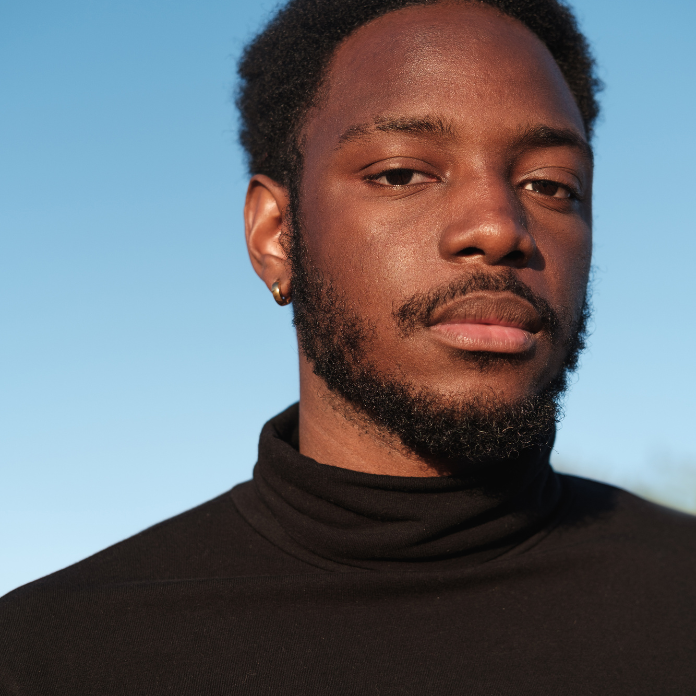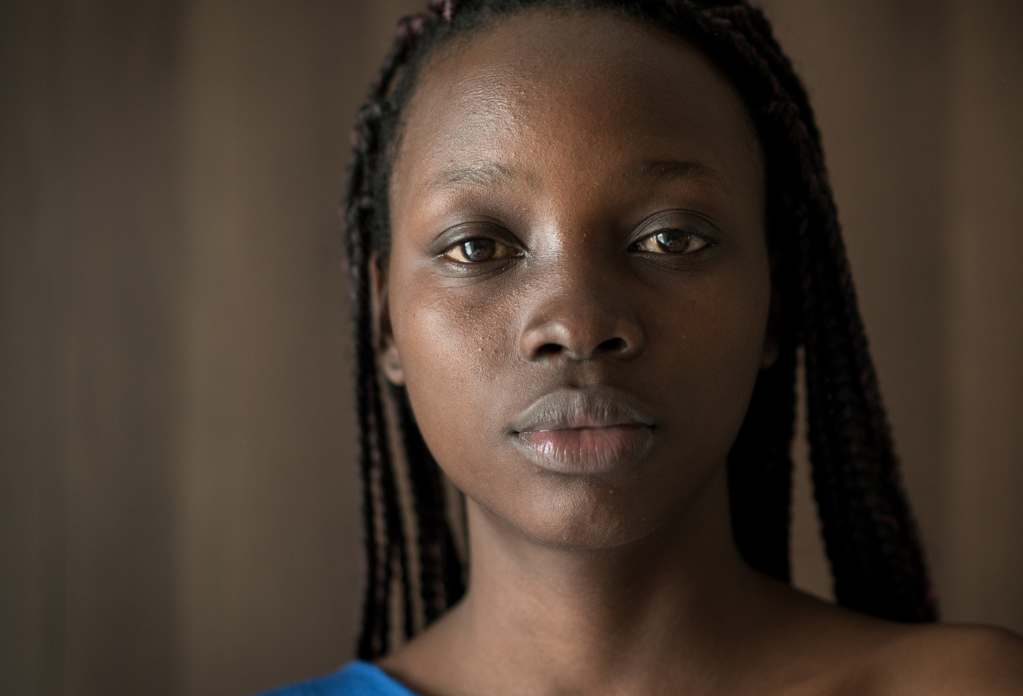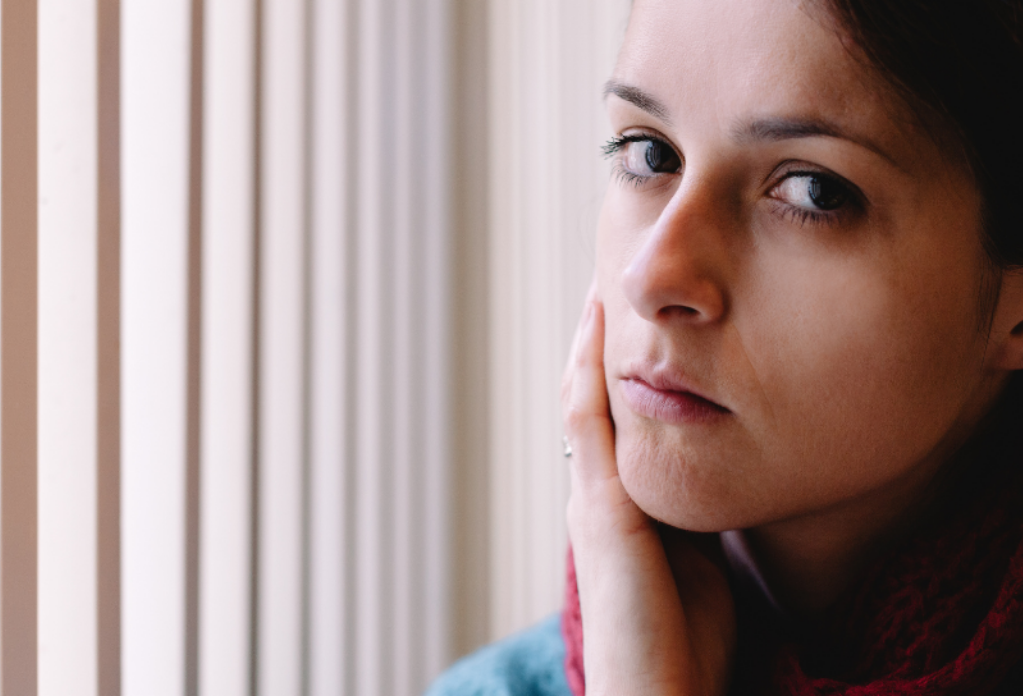
Wayne’s story
“I got a job, and that’s where I was befriended by a guy. At the time I thought he was just a friend.”


When Paula* came to our Women’s Safehouse, she had suffered abuse all her life.
“I had no control over where I could go,” she says. “I had my teeth knocked out by the butt of a gun, and rape and abuse were normal to me.”
It’s hard to comprehend what a lifetime of this type of treatment can do to a person’s mental health. Now aged 30, Paula is only just able to talk about it, but she’s held some details back – they’re just too painful to retell and therefore relive.
What she did tell us is this. Growing up in her native Nigeria, her mother had to give her up as a baby, so she was brought up by her “aunt”. Refused schooling so she could work as a domestic help for her aunt and various families, Paula was denied the carefree life a child should have. It was also punctuated by violence and abuse.
When civil unrest broke out, Paula was helped by one family to escape to the UK. She was 17. However, the British authorities didn’t believe her age or her claim for asylum, so she ended up on the streets. Taken in by a man she thought would help her, he soon took advantage of her too, raping her whenever he pleased.
Paula says: “He kept telling me, ‘With one phone call you will be gone back to your home country.’ I was too scared to report him. I felt it was all my fault; that I was a stupid child.”
It was only when Paula was feeling ill (later diagnosed with HIV), that she became visible to medical services and recognised as a victim of slavery.
Finally, she had a way out, and luckily she was referred to Unseen’s Women’s Safehouse.
“When I arrived, I found it surreal and overwhelming. I’d never been anywhere that I could come and go as I please.”
As often happens, the lifetime of trauma she’d suffered suddenly came rushing to the surface. Regular flashbacks, anxiety, depression and suicidal thoughts ensued.
Slavery can manifest itself in different ways. For most women, there is often an element of domestic servitude or criminal exploitation mixed in. It’s challenging to unravel the shame, the mistrust and the trauma they’ve experienced.
Thanks to the support of her Case Worker, Paula began her asylum claim once again, and was successful. She’s now attending college, learning English and Maths. She’s doing cooking sessions and volunteering with a local charity.
“I just want to work, to earn my own money, feel safe, that no one else wants to hurt me or use me – that is all,” Paula says.

“I got a job, and that’s where I was befriended by a guy. At the time I thought he was just a friend.”

Katherine suffered years of constant abuse at the hands of her exploiter before finally finding freedom

• Registered charity number 1127620
• Unseen UK is a registered charitable company limited by guarantee in England and Wales
• Registered company number 06754171
© Copyright 2021 Unseen UK
| Cookie | Duration | Description |
|---|---|---|
| cookielawinfo-checkbox-analytics | 11 months | This cookie is set by GDPR Cookie Consent plugin. The cookie is used to store the user consent for the cookies in the category "Analytics". |
| cookielawinfo-checkbox-functional | 11 months | The cookie is set by GDPR cookie consent to record the user consent for the cookies in the category "Functional". |
| cookielawinfo-checkbox-necessary | 11 months | This cookie is set by GDPR Cookie Consent plugin. The cookies is used to store the user consent for the cookies in the category "Necessary". |
| cookielawinfo-checkbox-others | 11 months | This cookie is set by GDPR Cookie Consent plugin. The cookie is used to store the user consent for the cookies in the category "Other. |
| cookielawinfo-checkbox-performance | 11 months | This cookie is set by GDPR Cookie Consent plugin. The cookie is used to store the user consent for the cookies in the category "Performance". |
| viewed_cookie_policy | 11 months | The cookie is set by the GDPR Cookie Consent plugin and is used to store whether or not user has consented to the use of cookies. It does not store any personal data. |
As I came to understand more about the issue, including through a visit to an Unseen safehouse, I knew I needed to do more to stop this abuse and exploitation.
For the last five years of my Civil Service career, I was the Modern Slavery Senior Policy Advisor in the Home Office and led on development of the Modern Slavery Act, including the transparency in supply chains provision and business guidance.
I joined Unseen to lead the development of the Modern Slavery & Exploitation Helpline, and Unseen’s work with businesses. I am regularly called upon to present at national and international conferences and use my experience of working with Ministers to influence other governments internationally to take action to address modern slavery and, in particular, business supply chain issues.
In my spare time I enjoy keeping fit, music, reading and travelling.
What ultimately compelled me to act was a report on how people from Eastern Europe were being trafficked through Bristol airport to the USA. Kate Garbers, who went on to be an Unseen Director, and I wrote to all the city councillors, MPs and the Police Chief Constable challenging them on the issue. The challenge came back to us: this city needs safe housing for trafficked women. And so Unseen began.
But we never wanted Unseen to be just about safe housing. We wanted to end slavery once and for all, and that remains our driving focus.
I chaired the working group for the Centre for Social Justice’s landmark report “It Happens Here: Equipping the United Kingdom to Fight Modern Slavery”. This is now acknowledged as the catalyst behind the UK’s Modern Slavery Act of 2015. It was a great honour to be awarded an OBE in the Queen’s Birthday Honours that year. On the other hand, I’ve also been described as “the loveliest disrupter you could ever hope to meet”.
This job has taken me from building flat-pack furniture for safehouses, to working with businesses to address slavery in supply chains, to delivering training, raising awareness and advising governments around the world.
When not at work, I enjoy travelling, spending time with my dog Harley, cooking, supporting Liverpool and Yorkshire CC, music (I’m a former DJ) and endurance events such as the Three Peaks Challenge and Tribe Freedom Runs – which I vow never to do again. Until the next time.